International Relations
Relations across the UK, Europe and globally are frequently changing, and have done so across our history. How these relations are recorded, monitored and treated are discussed in the collection of articles and podcasts here. The very concept of international relations is explored as are when boundaries and discussions between states and groups started to matter. What are the procedures, protocols and outcomes of a world according to the history of international relations are all under scrutiny?
Sort by:
Date (Newest first) | Title A-Z
Show:
All |
Articles |
Podcasts |
Multipage Articles
-
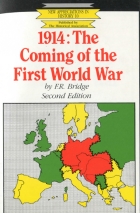
1914: The Coming of the First World War
ArticleClick to view -

Absence and myopia in A-level coursework
ArticleClick to view -

Bertrand Russell's Role in the Cuban Missile Crisis
ArticleClick to view -
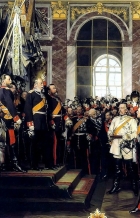
Bismarck after Fifty Years
ArticleClick to view -

Brazil and the two World Wars
ArticleClick to view -

Britain and the Formation of NATO
ArticleClick to view -

CRIC Research Project
ArticleClick to view -

Cunning Plan 174: creating a narrative of the interwar years
ArticleClick to view -

Cunning Plan 175: Using the England's Immigrants database
ArticleClick to view -

Cunning Plan 97: A-Level: International Relations 1890-1914
ArticleClick to view -

Cyprus: another Middle East issue
ArticleClick to view -

Czech Uranium and Stalin's Bomb
ArticleClick to view -

Family stories and global (hi)stories
ArticleClick to view -

Film: The Quest for the Lost of the First World War
ArticleClick to view -
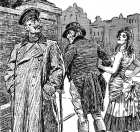
Gary Sheffield: Origins of the First World War
ArticleClick to view -

Helping Year 9 to engage effectively with ‘other genocides’
ArticleClick to view -

History Teaching in Belarus: Between Europe and Russia
ArticleClick to view -

Imagining cities: exploring historical sites as contested spaces
ArticleClick to view -
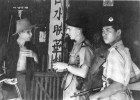
Imperialism resurgent: European attempts to 'recolonise' South East Asia after 1945
ArticleClick to view -
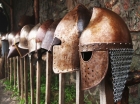
Interpreting Agincourt: KS3 Scheme of Work
ArticleClick to view

